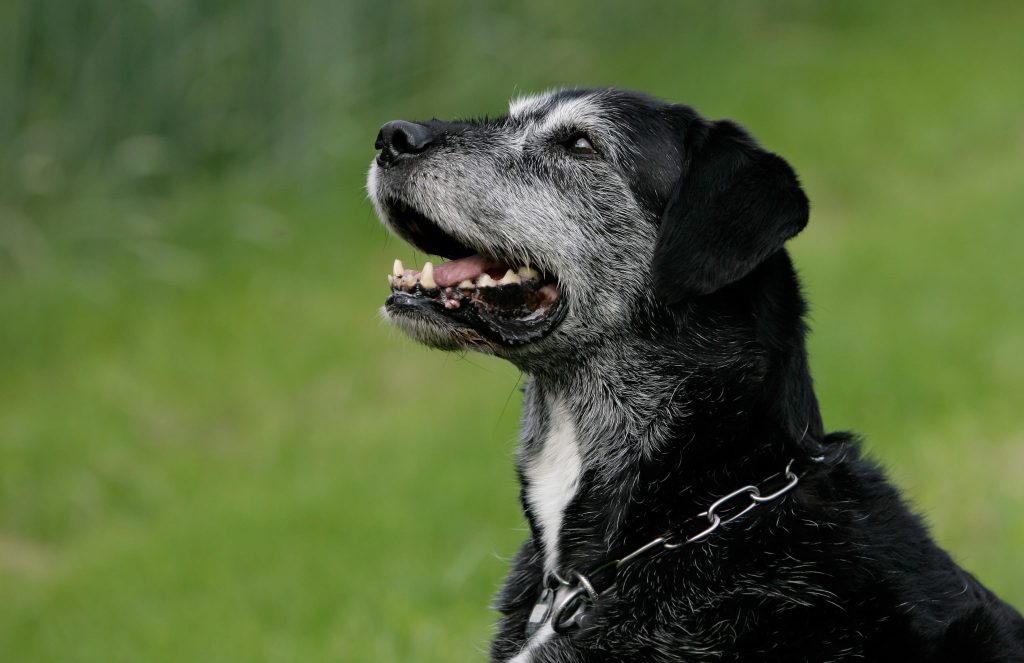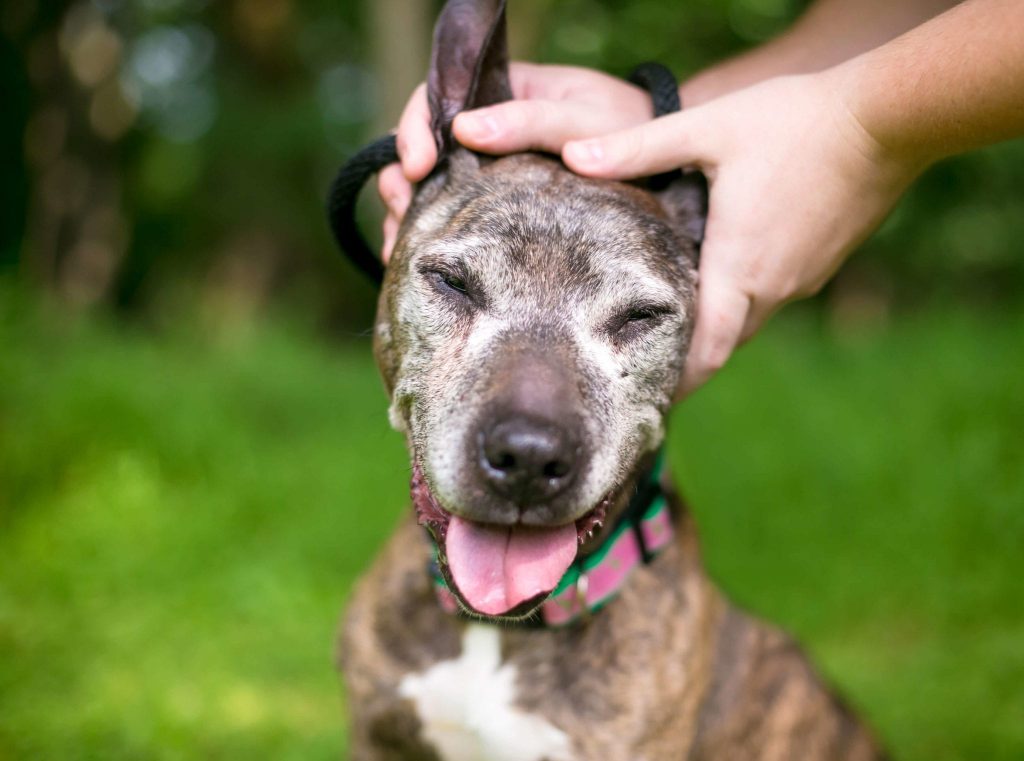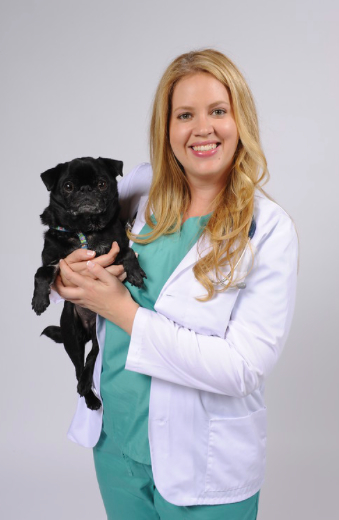The use of lawn chemicals (pesticides, herbicides, and rodenticides) on yards to control weeds, insects, or rodents is very common, particularly in the spring and summer months. These chemicals can be beneficial, but can also hurt your pets if they are not used or stored correctly.

There are several serious health effects lawn chemicals can have on dogs:
- Cancer:
- It has been shown that lymphoma (cancer of white blood cells) is associated with the exposure of herbicides in dogs which contain a compound 2,4-Dichlorophenoxyacetic acid (usually labeled as 2,4-D)
- Dogs absorb 2,4-D when having access to lawns recently treated with products containing the compound

- Neurologic issues:
- Muscle tremors or an abnormal/wobbly gait can occur from lawn chemicals which contain benzoic acid
- Muscle tremors that are caused from exposure to lawn chemicals (or any toxin) can become very serious and cause severe fever which can lead to organ damage
- Seizures and even death can occur from exposure to toxic levels of some rodenticides and insecticides containing carbamate and organophosphates
- This can occur from a dog eating the product or being absorbed through skin as it is rapidly transported to other organs in the body

- Kidney disease:
- Rodenticides containing cholecalciferol can cause permanent damage to the kidneys if consumed
- Gastrointestinal upset:
- Vomiting, diarrhea, abdominal pain and decreased appetite can occur from exposure to any lawn chemical
- Skin irritation can occur from any exposure
- Bleeding disorders:
- Rodenticides containing anticoagulants cause spontaneous bleeding when ingested which can be fatal if left untreated
- Signs include blood in vomit, diarrhea, urine, bruising on the body, weakness, pale gums and labored breathing

Important ways to keep your dog safe when lawn chemicals are used:
- Make sure your dog is not in the area or has access to the area such as through a pet door before the lawn chemical is applied
- Any toys, balls, chew bones, bedding and bowls for food or water should also be removed from the area and not replaced until the area is completely dried
- Read the label directions carefully for application and to understand when it is safe for your dog to come back to the recently treated area
- Despite what the label says, ensure your pet does not have access to the area until it is completely dried
- If you hire a lawn service, discuss with them the type of chemicals they are using before service begins
- Make sure all pesticides are stored properly where your dog and children cannot access
- Dogs having seizures, muscle tremors, and significant gastrointestinal upset should be evaluated by a veterinarian on an emergent basis
- If you know your pet was exposed to a pesticide, call an animal poison control center and/or have your pet evaluated by a veterinarian

Resources:
- Hayes HM, et al. Environ Res. 1995;70:119–125.
- Hayes HM, et al. J Natl Cancer Inst. 1991;83:1226–1231.
- Hommerding, Holly. “Common Fertilizer and Herbicide Exposures in Pets.” Pet Poison Helpline, Animal Poison Control Center, 10 June 2016.
- Kaneene JB, Miller R. Vet Hum Toxicol. 1999;41:164–170.“Pesticide Use Around Pets.” National Pesticide Information Center, 25 Oct. 2018.
- Takashima-Uebelhoer BB, et al. Environ Res. 2012;112:171–176.
- Talcott, Patricia. “Alphabet Toxicology: H-M”. Western Veterinary Conference
- Proceedings. Veterinary Information Network, 2012.
- Trepanier, Lauren. “Gene-Environment Interactions and Cancer Risk in Dogs”. American College of Veterinary Internal Medicine Conference Proceedings. Veterinary Information Network, 2015.
You can buy our vet prescribed supplements here:








